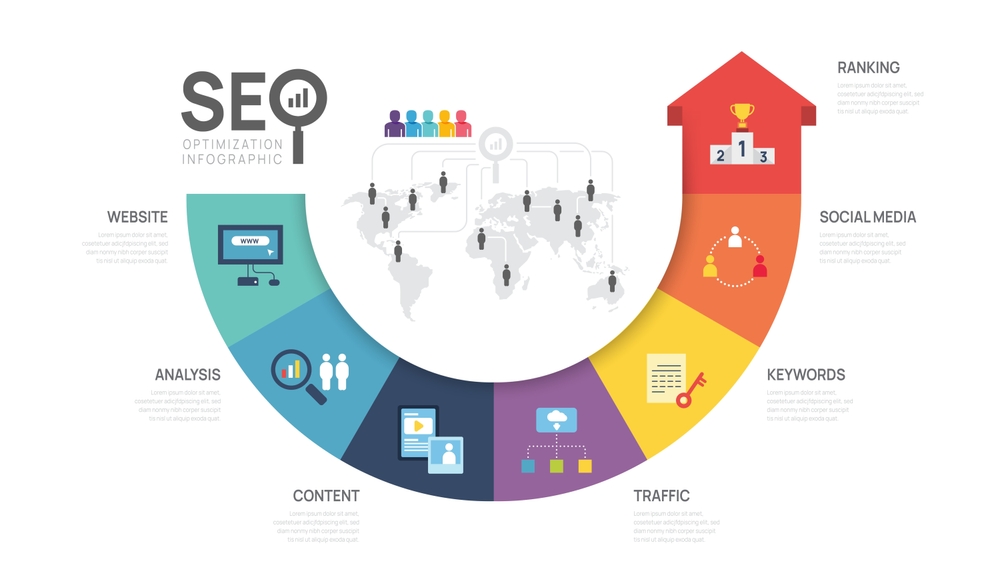Introduction – SEO and Content Marketing
In the digital world, businesses often wonder whether SEO (Search Engine Optimization) or content marketing is more important. The truth is, they are not competitors—they are partners. When combined, SEO and content marketing create a powerful strategy that improves search rankings, drives targeted traffic, and builds long-term brand authority.
This blog will explore how these two strategies work together to maximize digital success.
What is SEO?
SEO is the process of optimizing your website to rank higher on search engines like Google. It includes keyword research, technical optimization, link building, and improving site performance to ensure that your website appears when people search for relevant topics.
What is Content Marketing?
Content marketing focuses on creating valuable, relevant, and engaging content to attract and retain an audience. Blogs, videos, infographics, podcasts, and social media content all fall under this strategy. Its primary aim is to educate, inform, or entertain while subtly promoting your brand.
How SEO and Content Marketing Complement Each Other
1. Keywords Drive Content Creation
SEO begins with keyword research, identifying the exact terms your audience is searching for. Content marketing then uses these keywords to craft blogs, articles, and videos that meet search intent.
Example: If your keyword is “best digital marketing tools 2025,” content marketing turns it into a detailed blog post, helping you rank and attract readers.
2. Content Fuels SEO
Without content, SEO has nothing to optimize. Blogs, product pages, and guides give search engines material to index. The more optimized content you create, the higher the chances of ranking for multiple keywords.
3. Quality Content Builds Backlinks
One of Google’s top ranking factors is backlinks. High-value content—like research reports, case studies, or infographics—naturally attracts backlinks, strengthening SEO authority.
4. User Experience Improves Rankings
SEO ensures fast site speed and mobile optimization, while content marketing ensures engaging, easy-to-read material. Together, they improve user experience, keeping visitors on your site longer, which boosts rankings.
5. Content Helps with Voice Search & AI Search
With the rise of voice assistants and AI search engines, natural and conversational content becomes critical. SEO provides the keyword insights, while content marketing structures the information in a way that matches real user queries.

Best Practices to Combine SEO and Content Marketing
-
Start with keyword research → Use tools like Google Keyword Planner, Ahrefs, or SEMrush.
-
Focus on search intent → Write content that answers what users are actually asking.
-
Use on-page SEO → Optimize headings, meta tags, alt text, and URLs.
-
Create evergreen content → Articles that stay relevant for years and keep bringing traffic.
-
Update old content → Refresh older blogs with new data and re-optimize for trending keywords.
-
Measure performance → Use Google Analytics and Search Console to track traffic and rankings.
Conclusion
SEO and content marketing are two sides of the same coin. SEO provides the framework and visibility, while content marketing delivers the value that keeps users engaged. When used together, they don’t just increase website traffic but also build trust, generate leads, and drive conversions.
If you want to scale your brand, focus on an integrated strategy where SEO powers your content, and content powers your SEO.
Explore more related articles to deepen your understanding
Best Fonts for Branding: Create a Lasting Visual Identity
SEO Content Writing: A Complete Guide for BeginnersDoes Google use Cloudflare
Content Writing Basics: A Beginner’s Guide to Effective Writing







